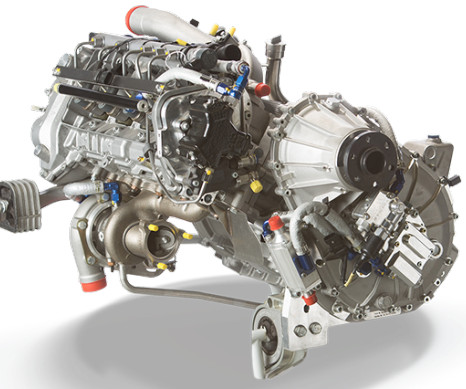Continental Aerospace Technologies finalizing HVO testing for use in CD-100 engine series
Green Car Congress
JULY 26, 2023
Continental, a subsidiary of Continental Aerospace Technologies Holding Limited, is finalizing testing of Hydrotreated Vegetable Oil (HVO) as a sustainable fuel option in its CD-100 series of engines. HVO is a renewable and carbon-neutral fuel alternative.














Let's personalize your content